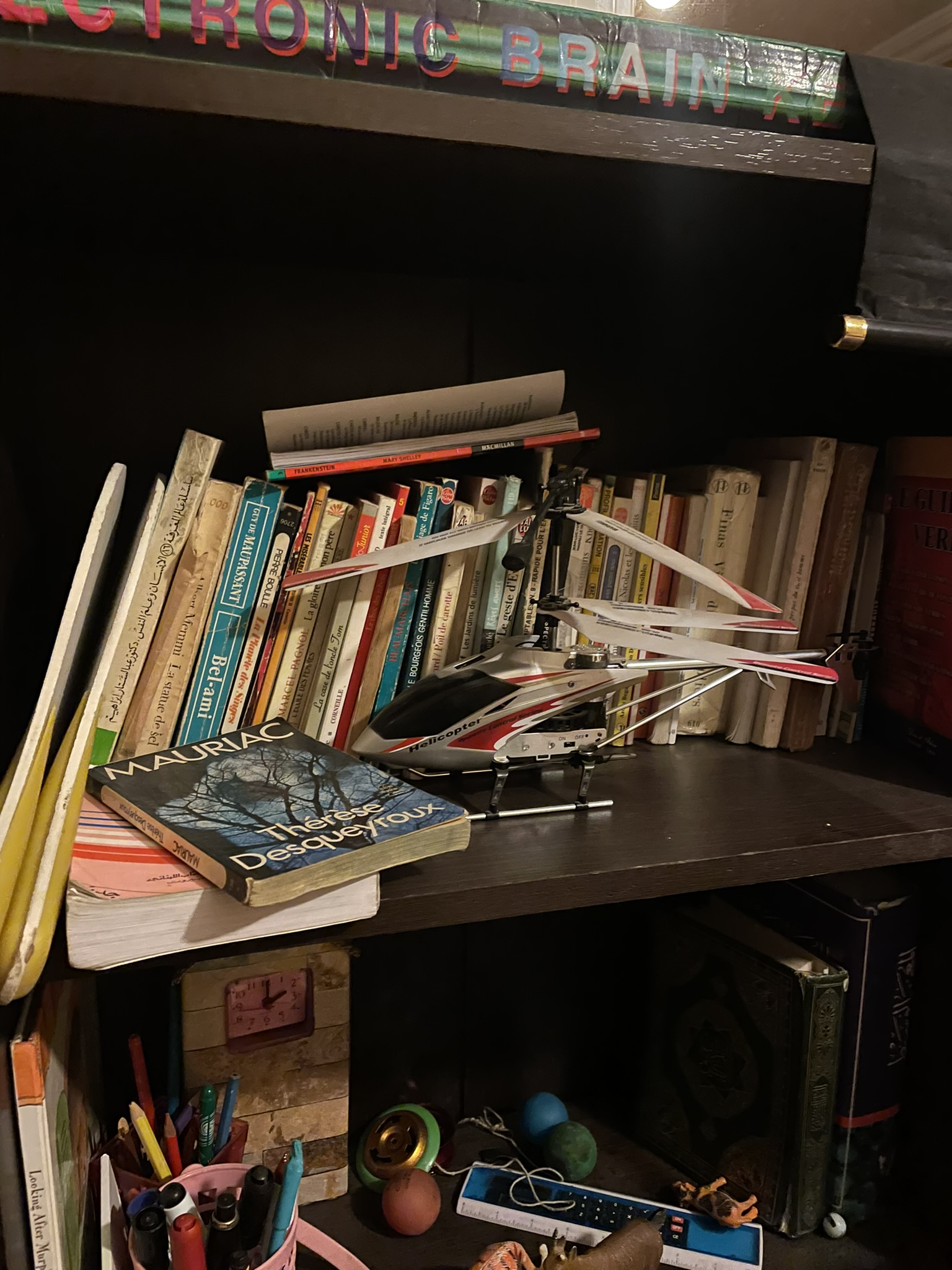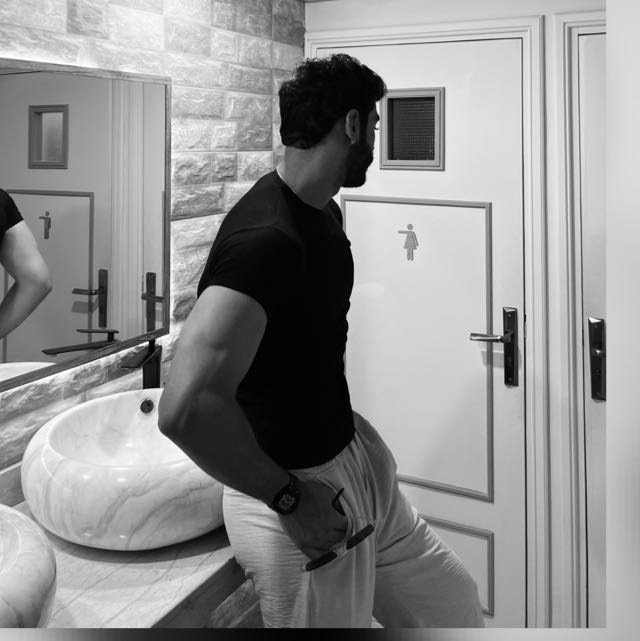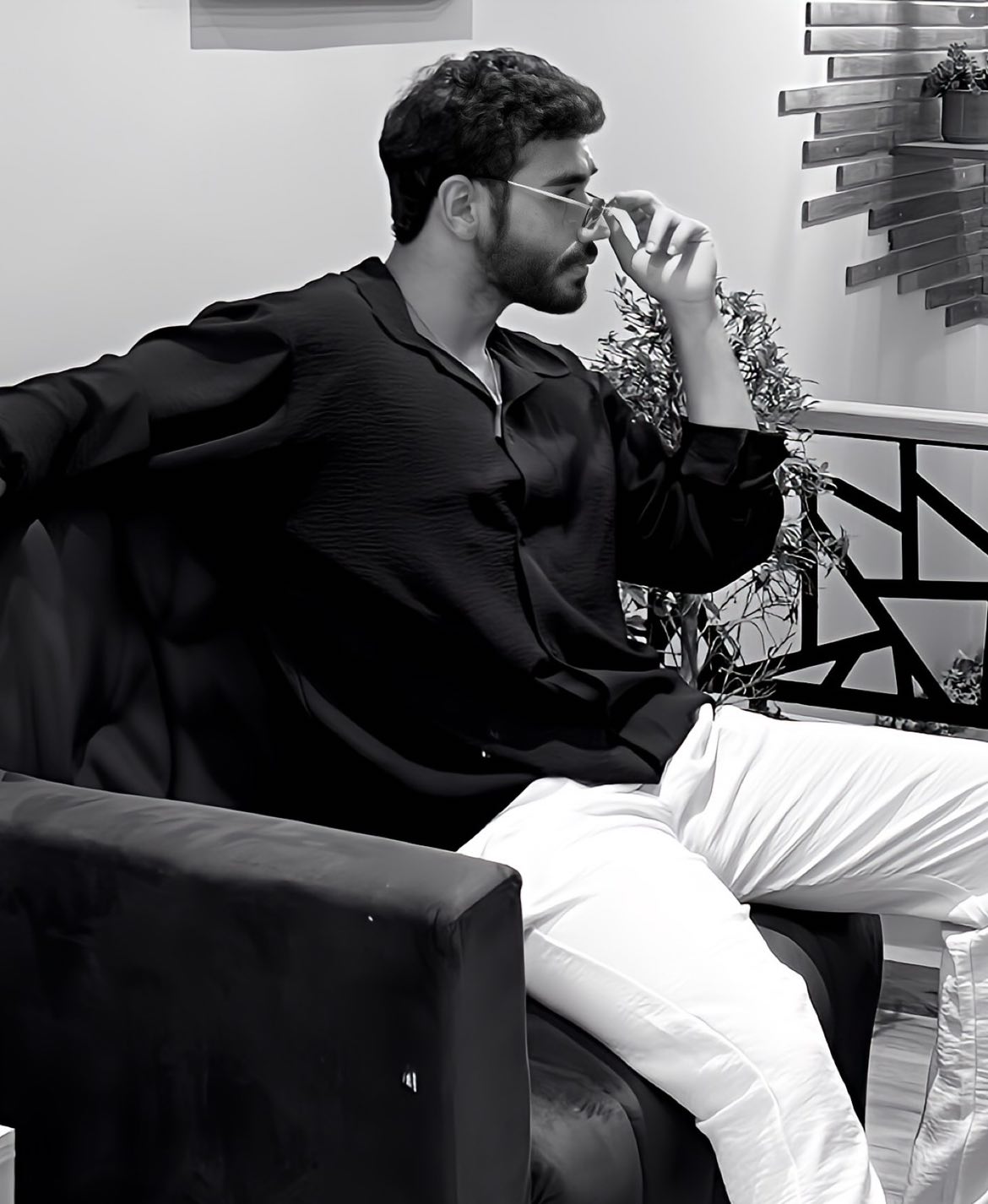Your unconscious mind is programmed to keep you safe, not successful.
It would rather keep you trapped in familiar struggle than face the unknown world where you could actually win.
When I was bouncing, making $15 an hour, my unconscious mind had me convinced that struggle was my identity. But here's what I discovered: your limiting beliefs aren't truth - they're just as external as the birds and trees outside your body. They're programs running in the background. And like any program, they can be rewritten.
Carl Jung said: "Until you make the unconscious conscious, it will direct your life and you will call it fate."
Here are the 7 limiting beliefs I had to destroy to break free from freelancer hell and build a $139K/month sales systems agency.
1. "There's no way I'm worthy of making $10K-15K/month"
The Psychology: This is the Orphan Archetype - childhood scarcity creates unworthiness programming. Your unconscious believes "abundance is for other people, not me."
How it sabotaged me: I would unconsciously underprice to feel "honest" and over-deliver to prove I was worth it.
Making it conscious: When you catch yourself thinking "that's too much money for me," ask: "Whose voice is this? Who told me I wasn't worth prosperity?"
The practical shift: I started with $3K/month clients. Your unconscious can accept gradual increases but rebels against sudden jumps. Each success rewrites the worthiness program.
New identity: "I'm not taking charity - I'm delivering $20K+ in value for $3K. The client gets the deal."
2. "Charging more feels greedy/dishonest"
The Psychology: Shadow projection - you've rejected the "greedy businessman" archetype to maintain moral superiority. The unconscious belief: "Good people sacrifice for others, bad people prioritize money."
How it sabotaged me: I competed on price instead of value, attracting clients who didn't respect my expertise.
Making it conscious: Notice when you feel guilty about money. Ask: "What would happen if I owned my desire for wealth? What am I afraid people would think?"
The practical shift: I reframed pricing as value delivery. "At $200 per meeting, I'm giving them $2000+ in lifetime customer value. I'm literally helping them make money."
New identity: "Charging premium ensures I can deliver premium results. Undercharging leads to poor service."
3. "I appear busy but know these tasks aren't productive"
The Psychology: The Innocent Archetype - avoiding harsh realities through busywork. The unconscious pattern: "If I'm learning/building, I can't fail because I'm not really trying yet."
How it sabotaged me: Endless course consumption, tool research, and "preparation" instead of actually reaching out to prospects.
Making it conscious: Write down every task you do for a week. Ask: "Does this directly lead to a client conversation?" Anything else is avoidance.
The practical shift: The "One Real Action Rule" - before any busywork, do one genuine business action (send one outreach email, make one sales call).
New identity: "I'm a business operator, not a perpetual student. My job is results, not learning."
4. "I'm 'just' a freelancer, not a real business owner"
The Psychology: Imposter Complex - borrowed identity doesn't feel authentic. The unconscious belief: "Real entrepreneurs have special DNA I don't possess."
How it sabotaged me: I played small to avoid being "found out," accepting whatever clients offered instead of positioning myself as an equal.
Making it conscious: List every successful business owner you know. What's actually different about them? (Usually just mindset and systems)
The practical shift: I started using business owner language. "My agency" not "my freelancing." "My client" not "my boss." Language shapes identity.
New identity: "I solve business problems systematically. That makes me a business owner, regardless of my background."
5. "I could do more but I'm scared of transformation"
The Psychology: The Hero's Journey refusal - fear of leaving the known world. The unconscious terror: "If I grow, I'll lose my current identity and become someone I don't recognize."
How it sabotaged me: I stayed comfortable at $2K/month rather than risking the unknown territory of real success.
Making it conscious: Ask: "What would I lose if I became successful? What part of my identity am I protecting?"
The practical shift: Identity bridging - "I'm the same person with better systems." Growth doesn't erase you, it reveals your potential.
New identity: "Evolution is natural. The caterpillar doesn't die in the cocoon - it becomes what it always could be."
6. "Building systems is too complicated for someone like me"
The Psychology: Learned helplessness - identity built around "I'm not that type of person." The unconscious belief: "Smart people do systems, I just work hard."
How it sabotaged me: I manually did everything, creating a job for myself instead of a business.
Making it conscious: Track when you say "I'm not good at..." Ask: "Is this true, or am I protecting myself from trying and potentially failing?"
The practical shift: I started with one simple system (email template, client onboarding checklist). Proved to myself I could systematize.
New identity: "I already built complex automations. Business systems are just automations for human processes."
7. "I need to be perfect from the get-go"
The Psychology: The Perfectionist's Shadow - fear of authentic rejection. The unconscious terror: "If I give my best effort and it's rejected, I'm worthless."
How it sabotaged me: Endless preparation and tweaking instead of launching. I spent months "perfecting" my offer while making no money.
Making it conscious: Notice when you delay action for "more preparation." Ask: "What am I really afraid will happen if I launch imperfectly?"
The practical shift: The "Good Enough Launch" - I committed to launching at 80% ready. Imperfect action beats perfect inaction.
New identity: "Perfection is the enemy of profit. I improve through iteration, not preparation."
The Meta-Pattern
All these beliefs had one thing in common: they protected me from the risk of authentic failure, but they guaranteed mediocrity. The unconscious mind chooses known pain over unknown success.
The transformation happened when I realized these weren't truths about reality - they were just programs running in my unconscious mind.
Your Turn
Which of these limiting beliefs resonates most with your current situation?
The first step to freedom is recognition. You can't change what you can't see.
As Jung said: "Until you make the unconscious conscious, it will direct your life and you will call it fate."
Today, you stop calling it fate and start calling it choice.



